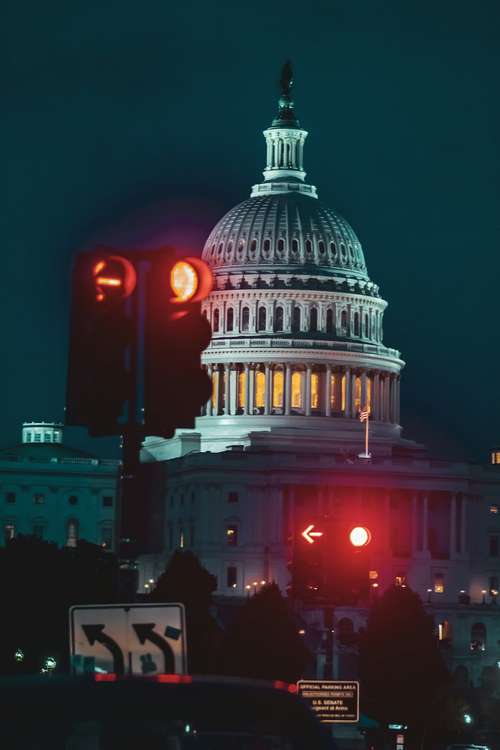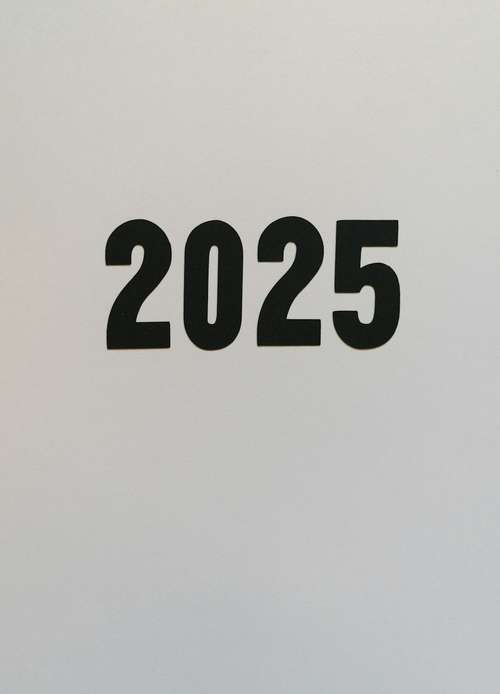The Central Bank of Nigeria has made a new policy that entails that Nigerians are only allowed to withdraw about $225 a week. The move would go a long way to encourage mass adoption of the national CBDC called E-Naira, which launched on October 25th, 2021, becoming the first African nation to do so.
The CBN's new policy was made known to the public on the 6th of December through a circular from the country's apex bank. The move by the federal government and the Central Bank of Nigeria ensures that the Nigerian economy embraces digital financial transactions.
Deposit money banks (DMBs) and other financial institutions were notified of the CBN's new policy. It was signed by the Director banking supervision department of the Central Bank of Nigeria, Mr. Haruna Mustafa. A CBDC Nigeria means that the citizens of the country will be allowed to make a maximum withdrawal from the ATM of N20,000 each day and N100,000 each week.
"Further to the launch of the redesigned naira notes by President Muhammadu Buhari on Wednesday, November 23, 2022, and in line with the cashless policy of CBN, all deposit money banks and other financial institutions are hereby directed to note and comply with the following: the maximum cash withdrawal over the counter by individuals and corporate organizations per week shall henceforth be N100,000 and N500,000 respectively.
"Withdrawals above these limits shall attract processing fees of 5.0 percent and 10 percent, respectively; third-party cheques above N50,000 shall not be eligible for payment over the counter, while extant limits of N10 million on clearing cheques still subsist; the maximum cash withdrawal per week via Automated Teller Machine shall be N100,000 subject to a maximum of N20,000 cash withdrawal per day," the circular read.
Lower Currency Denominations Will Be Used
In addition to restricting the citizens to a maximum withdrawal of $225 in a week, a CBDC Nigeria will also mean that citizens will use lower denominations more than higher denominations.

"Only denominations of N200 and below shall be loaded into the ATMs; the maximum cash withdrawal via the point of sales terminals shall be N20,000 daily," the circular further revealed.
The governor of the Nigeria Central Bank, Godwin Emefiele, said that the country was adopting the cashless policy to boost the country's economy and reduce the cost of banking services. The CBN's new policy is also in line with the redesign of the naira to reduce the amount of money speculated outside the bank. According to the CBN governor, on October 26th, about 85% of the existing naira was held outside the banks, which was very bad for the economy.
Many Organizations are Against the Policy
Not many people see the potential of a CBDC in Nigeria as they claim that the country still needs more infrastructure to implement the policy. Others also argue that Nigerians must be thoroughly sensitized to the new policy before its introduction by the country's Central Bank.
The Association of Mobile Money and Bank Agents in Nigeria (AMMBAN) are against the policy that the country's apex bank introduced. According to them, the new policy is counterproductive and will only lead the country into a further economic breakdown.
"They want to send us out of business. We are against this. It is counter-productive. It does not represent what the CBN initially stood for in terms of financial inclusion. This is not driving us forward. We don’t have the technological infrastructure to support this policy. Nigerians have not been sensitized. There is no alternative, and you are taking out cash. You are running a cash-dominant economy as we speak," the president of AMMBAN said.




